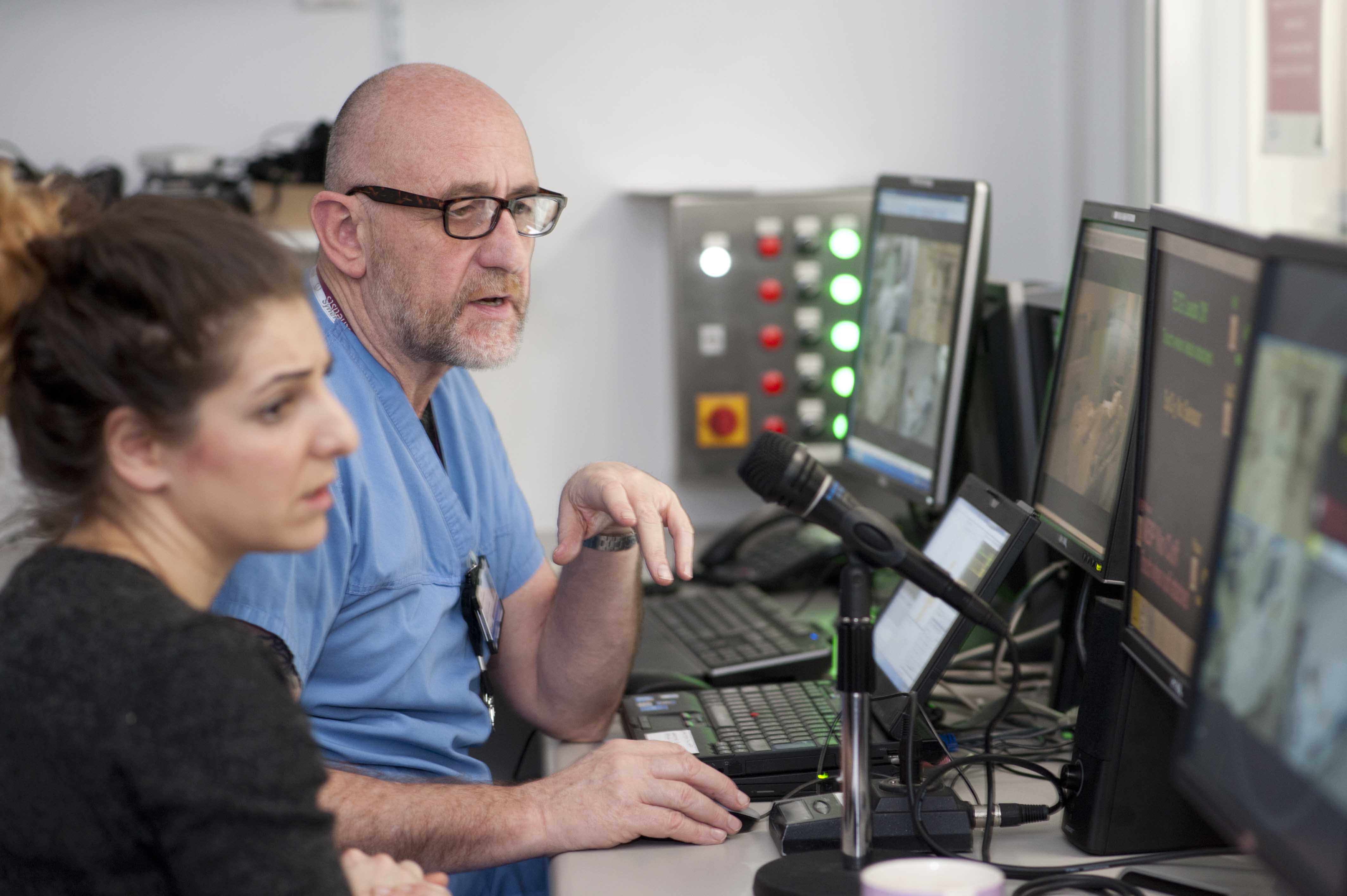Our doctors call for urgent united action to tackle legacy of youth violence

Our doctors are calling for a police and community focus during the hours after school, as their research finds that young people are most likely to be stabbed after school finishes for the day.
They say the findings present the opportunity to specifically target violence reduction strategies, as part of a public health approach to sustainably reducing youth violence.
In research published today in BMJ Open, doctors at The Royal London Hospital – Europe's leading major trauma centre – and Queen Mary University of London call on parents, schools, community organisations and the police to join forces in a nationwide public health approach.
The doctors assessed the 1824 people aged under 25 treated with emergency care for stab wounds at The Royal London Hospital's major trauma centre from 2004 to 2014. Of these, 172 (around 10 per cent) were children under 16, and 861 (around 47 per cent) were aged 16-19. Seven hundred and ninety-one (around 43 per cent) were in their early twenties.
They found the frequency of attacks in children aged under 16 spiked between 4pm and 6pm on school days. Almost half of injuries (47 per cent) in children occurred within a 1-5 km radius from home, reflecting the average distance from home to school for children living in London.
Karim Brohi, Consultant Trauma Surgeon at Barts Health NHS Trust, Professor of Trauma Sciences at Queen Mary University of London and Director of the London Trauma System, said: “This work shows that children and young people in London are at risk by simply due to where they live and go to school. A long-term multi-agency and community approach is needed if we are to change the culture of violence that now permeates deprive areas of London.
“Public Health approaches to violence, such as with this study, can show who is at risk and allow the community and police to respond effectively - such as through after school activities and targeted policing."
The report also shows that children have a higher overall risk of death compared with young adults despite comparable injuries.
This year has seen a sharp increase in the number of knife crimes in Britain, with the Office for National Statistics (ONS) last month releasing data showing for the year to June 2018 police recorded 14,987 knife crimes - a 15 per cent rise in 12 months. This year there has been 119 murders in London, 74 of which were stabbings. In total, 117 people have been killed across the UK.
The number of deaths would be far greater without such trauma doctors at The Royal London Hospital, along with colleagues across the nation.
As for their recommended public health approach, the doctors can point to the success of their own violence reduction activity in curbing youth violence.
Since 2013, the doctors have worked with charity St Giles Trust to help young people to turn their lives around including through measures such as reintegration with education, employment and family. In doing so, they have reduced the number of young people repeatedly returning to The Royal London Hospital with further stab injuries from 45 per cent to less than one per cent.
The doctors are now calling for the public and other agencies to join London's Major Trauma Centres in taking the approach beyond the hospital into sustained school and community-driven public health action.
Paul Vulliamy, Surgical Registrar at Barts Health NHS Trust and Clinical Lecturer at Queen Mary University of London’s Centre for Trauma Sciences, added: “We have demonstrated that there are age-specific epidemiological patterns of stabbings among young people, providing evidence for schools and children as specific targets for violence reduction strategies. We can reduce knife violence and unnecessary child deaths, but need long term evidence-based interventions in education, policing, the community and at home.”
